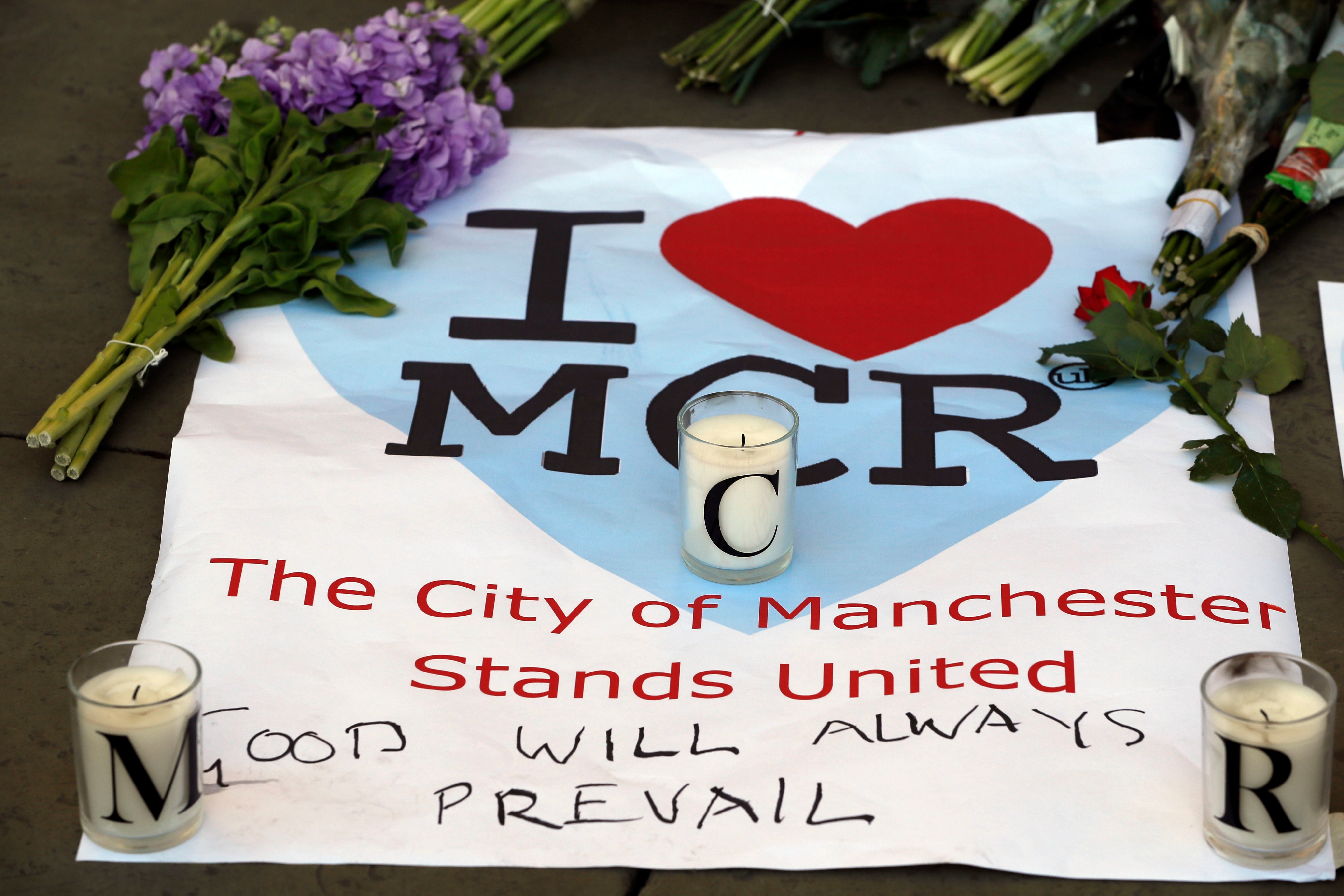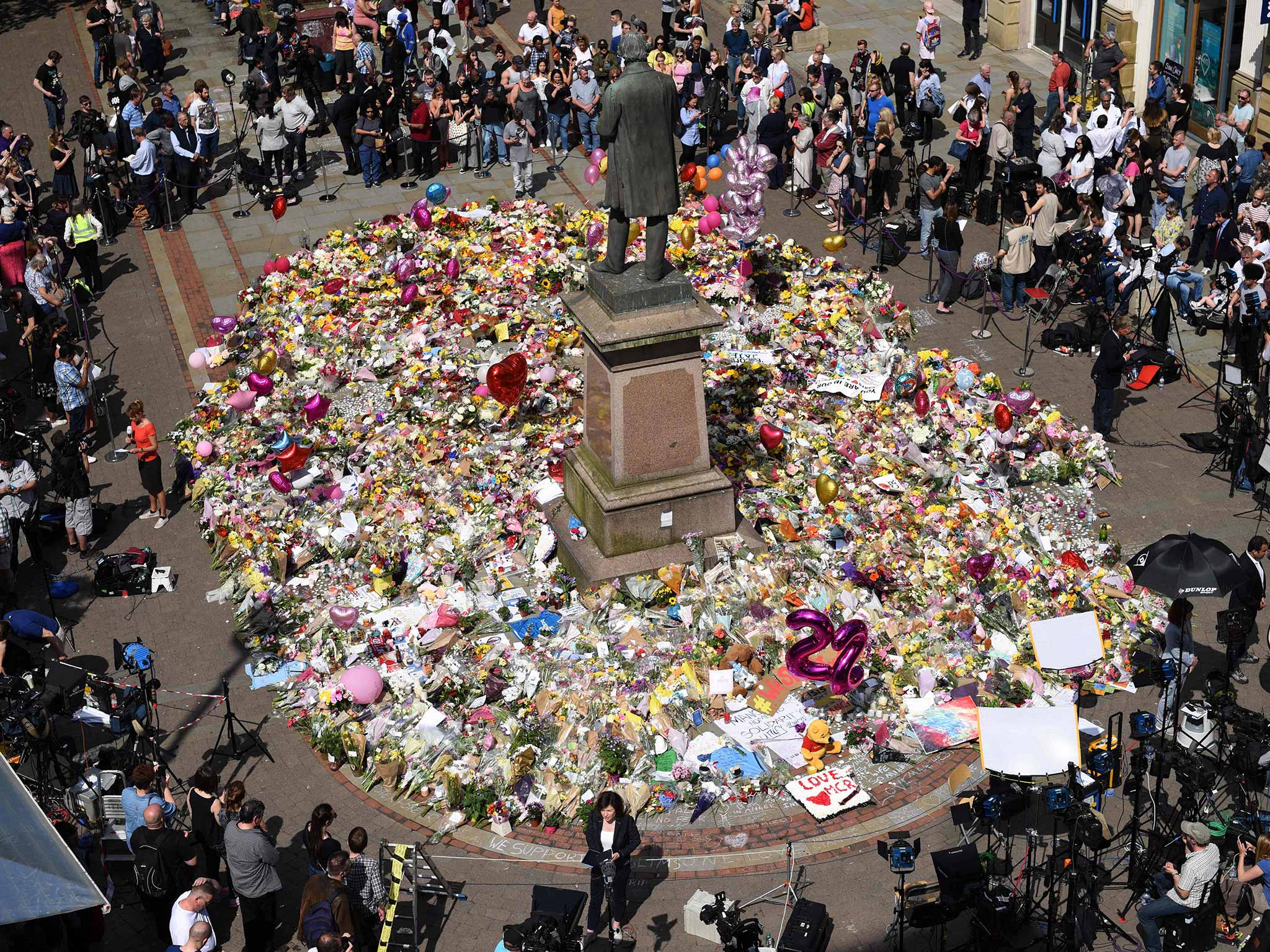Manchester Arena bomb victim ‘could have been saved with earlier hospital treatment’
Healthcare worker John Atkinson waited over an hour to receive hospital treatment after standing only six metres from the blast

A victim of the Manchester Arena bombing could have been saved if he had received hospital treatment sooner, an inquiry has heard.
Healthcare worker John Atkinson, 28, was stood just six metres from the bomb which detonated at an Ariana Grande concert in May 2017.
He lay on the Arena’s foyer floor in agony for 47 minutes before going into cardiac arrest at the scene one hour and 16 minutes after the blast.
On Thursday, cardiology expert Dr Paul Rees told the inquiry he may have lived if he was treated earlier in hospital.
He said: “If it has been possible to extract him from the scene and deliver him safely to a pre-alerted trauma team with access to extensive blood products before cardiac arrest ensued, then survival might have been possible.”
Mr Atkinson suffered severe injuries to his legs after bomber Salman Abedi set off the bomb in the City Room foyer, which killed 22 people.
As he lay in the foyer for nearly 50 minutes, he lost a significant amount of blood before being carried by officers to Victoria station.
An additional 20 minutes passed before he went into cardiac arrest and was taken to Manchester Royal Infirmary.
The inquiry heard that a member of the public, Ronald Blake, was forced to hold an improvised tourniquet of his wife’s belt and a t-shirt on Mr Atkinson’s leg for an hour before paramedics came.

A panel of blast wave experts also agreed with Dr Rees, believing Mr Atkinson could have survived with earlier medical intervention.
The inquiry also heard that within military training the control of haemmorrhaging of blood should be achieved as soon as possible in a period known as the “platinum 10 minutes.”
An initial post-mortem of Mr Atkinson concluded that the healthcare worker died of blood loss sustained from his leg injury, but it also noted that he had significant heart disease.
Dr Rees, however, found that the heart disease did not significantly contribute to the blood loss Mr Atkinson experienced and was unlikely to have adversely affected the outcome of his eventual resuscitation.
The purpose of the Manchester Arena Inquiry is to investigate the deaths of the victims and started on 7 September 2020.
Join our commenting forum
Join thought-provoking conversations, follow other Independent readers and see their replies
Comments
Bookmark popover
Removed from bookmarks